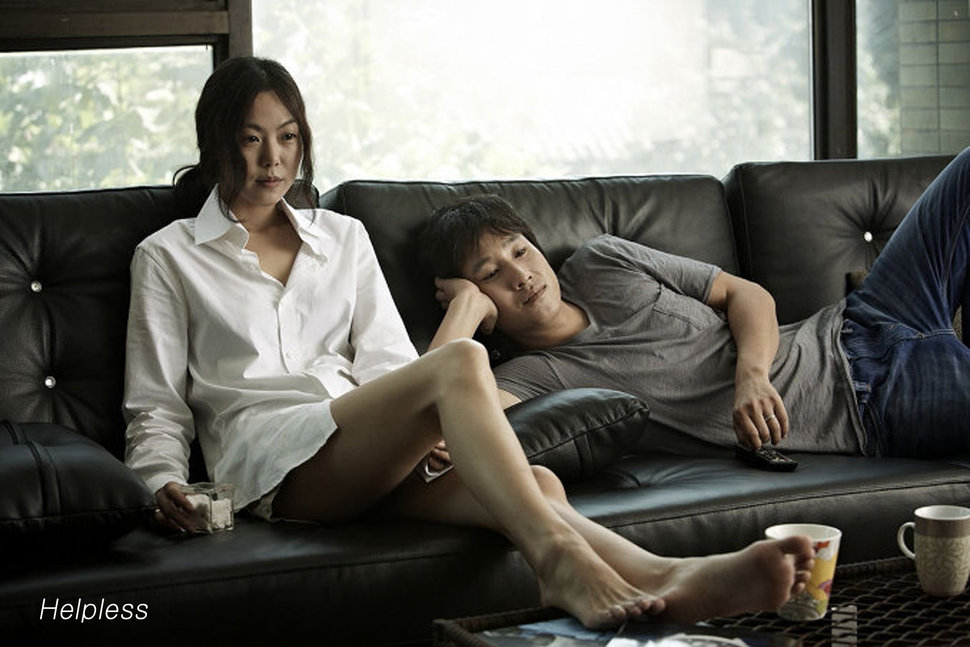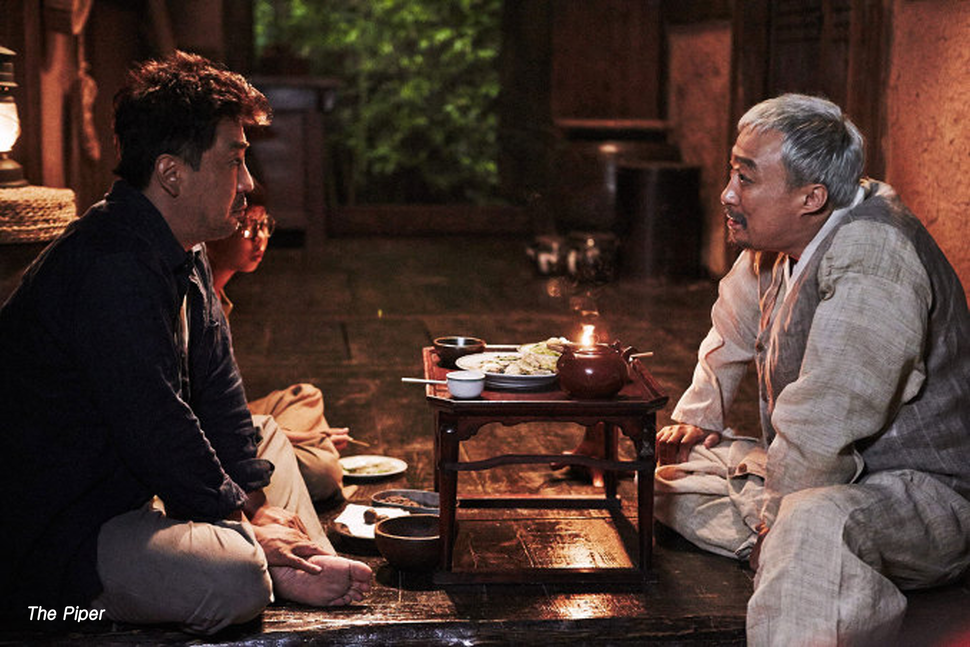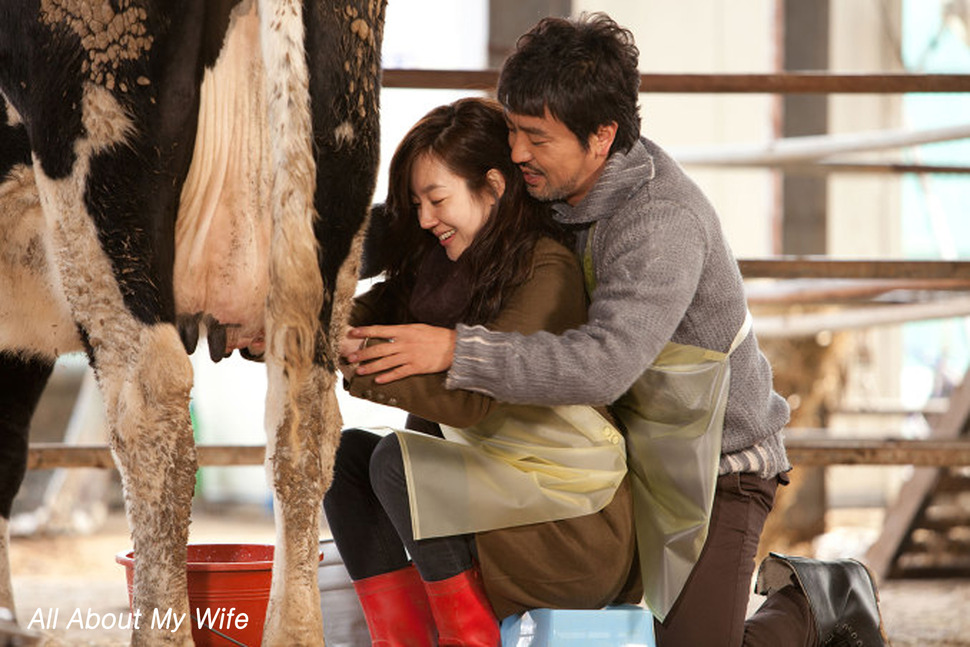New stories for new generation of filmmakers
The box office is entering its busy season in Korea and films are fighting for space in the country’s mobbed theaters. More than usual, Hollywood films have held the advantage with their parade of franchise titles, from
Jurassic World and Mad Max: Fury Road to Avengers: Age of Ultron. Meanwhile, local fare, which relies on original stories, has struggled to come up with an answer to the onslaught.
In today’s Hollywood, studios line their slates with franchises, yet Korean cinema has remained a purveyor of original content, as sequels and remakes are rare across the country's screens, which are instead filled with works that often come straight from their director’s imagination. However, in recent years, the local industry has come under fire for delivering waves of similar films, belonging to tried and true genres such as dark revenge thrillers or big-budget Joseon Era costume dramas, often with only minor tweaks.
In search of new stories, the industry has come to rely more frequently on source material, as novels and plays have inspired features, and webcomic adaptations have picked up a lot of pace. These days, filmmakers are seeking out stories by casting a wider net than ever before, which has led to a number of productions based on foreign source material. In an attempt to battle the perceived staleness in contemporary commercial Korean cinema, directors are turning their attention to foreign films, novels and even fairy tales.
Encounter with Japanese crime novel
One of the figures leading this search for fresh content is Park Chan-wook, who last month began shooting the thriller
Fingersmith, an adaptation of Sarah Waters’ novel of the same name. Swapping out Victorian Era London for 1930s Korea and Japan, Park’s film concerns a thief who enters into a scheme to get an heiress’ fortune, only to fall for her mark. Starring Ha Jung-woo and Kim Min-hee, the film will be released in 2016. Of course this isn’t the first time the celebrated auteur has dipped into foreign stories for inspiration as his vampire film
Thirst (2009) was loosely based on Emile Zola’s ‘Thérèse Raquin', from his Rougon-Macquart novel cycle, and his breakout film
Old Boy (2003) was based on a Japanese manga of the same name.
Though
Old Boy is no doubt the most famous Korean adaptation of a Japanese text, local filmmakers have often looked to their eastern neighbour for inspiration, particularly for thrillers. Notably, crime writer Higashono Keigo has seen his works adapted into Korean three times. The first came only six years ago, when his novel ‘Journey Under the Midnight Sun’ became the basis for the Han Suk-kyu led
White Night. Next came Pang Eun-jin’s
Perfect Number in 2012, based on ‘The Devotion of Suspect X’, while last year saw the release of revenge thriller
Broken with JUNG Jae-young, adapted from ‘The Hovering Blade’.
2012 proved to be an especially popular year for Japanese crime novels in Korean cinema, as alongside
Perfect Number, the year also saw the release of Yoo Ha’s
Howling, with Song Kang-ho, which was based on Nonami Asa’s ‘The Hunter’, and Byun Young-joo’s
Helpless, which was derived from Miyabe Miyuki’s story ‘All She Was Worth’.
Beyond east, meet west
Given the many cultural similarities between the two nations, Japanese texts lend themselves quite easily to adaptation in Korean cinema, but filmmakers have grown bolder as their eyes have begun to wander further afield. These experiments have not all met with success, but enough critical and commercial hits have been registered to ensure that this is an avenue filmmakers are likely to pursue even more aggressively in the near future.
Among these, the dark fairy tales of 'The Brothers Grimm' have twice found their way to Korean screens, starting with
Hansel and Gretel in 2007 and
The Piper (based on ‘The Pied Piper’) earlier this summer. Directed by Yim Pil-sung,
Hansel and Gretel embellished on the original fable, and was garnished with a vibrant and colorful mise-en-scène. Though it was not a big hit at home, the film has become one of the most recognized Korean horror films overseas, likely due to its strong stylistic character and its differentiation from typical K-horrors of the teenage girl ghost variety.
Another disappointment at the box office and as-yet unproven on the international scene, The Piper stars Ryoo Seung-ryong and marks the debut of director KIM Gwang-tae. With its post-Korean War setting and the inclusion of more drama and characters, the film adds a local flavor to a setting already ripe for a revenge tale.
Surely the most famous Korean adaption of a western text to date is Bong Joon-ho’s sci-fi hit
Snowpiercer(2013), which was based on a French graphic novel of the same name by Jacques Lob and Jean-Marc Rochette. With its multi-national cast and USD 40 million budget Bong’s work was an exceptionally ambitious production that paid off when it became a commercial hit at home and a major critical darling overseas, earning numerous awards and nominations and landing on plenty of critics’ top ten lists.
The following year, CJ Entertainment once again found success with a French story when their thriller
The Target shot to the top of the charts and scored itself an invitation to the Cannes Film Festival. Directed by Chang and starring Ryoo Seung-ryong, the feature was based on the French film
Point Blank from 2010. The story focuses on an ex-mercenary who is framed for murder and goes on the run with a doctor whose wife has been taken hostage. Chang’s update is very faithful to the original, with the only major changes coming in the form of additional melodrama, a feature that made it more palatable for local audiences.
New nation, new story, and new film
In 2012, Soo Film scored a hit with the romantic comedy
All About My Wife, based on the 2008 Argentinian film
A Boyfriend for My Wife. The company dipped back into Latin America for source material when they adapted the Brazilian film Upside Down (2009), which became the sex comedy
Casa Amor: Exclusive for Ladies. However, the Jung Bum-shik film failed to leave an impression at the box office.
Attempting to tap into the under-developed local family film market, Little Big Pictures adapted Barbara O’Connor’s novel ‘How to Steal a Dog’ last year. And though the film
How to Steal a Dog, lacking a major distributor, had trouble finding an audience, it was strongly received by critics and seen to be unfairly shut out of big multiplexes and favorable showing times.
Less successful was Ha Jung-woo’s
Chronicle of a Blood Merchant this year, which was based on the Chinese novel of the same name by Yu Hua. Considered one of the best modern Chinese tomes, the story lent itself well to a Korean adaptation yet the film dulled the text’s political edge, delivering only a pleasant but inconsequential family drama.
Though there have been ups and down, it’s early days Korean cinema’s relationship with foreign source material, but as audiences are growing more frustrated with the stasis of local commercial films, foreign inspiration will only become more important as a tool to revitalise domestic film production.
By Pierce Conran, Cine21 reporter
- See more at:
http://www.koreanfilm.or.kr/jsp/news/features.jsp?pageIndex=1&blbdComCd=601013&seq=237&mode=FEATURES_VIEW&returnUrl=&searchKeyword=
These contents were reproduced with the permission of Kofic, which holds all copyright.







